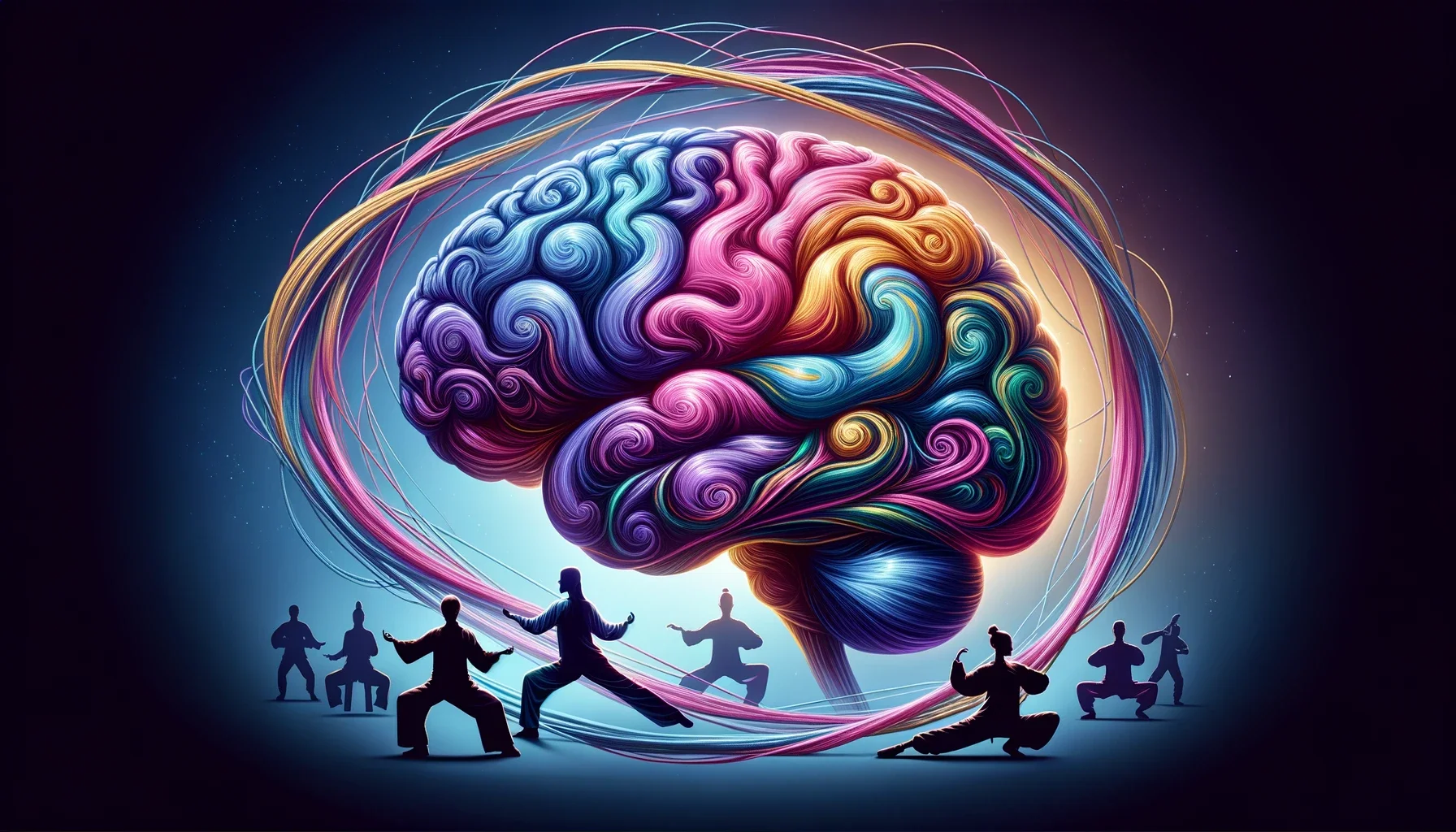Facts about Smoking and Mental Health
This article on smoking and mental health proffers help and support for individuals who want to quit smoking or those who find it difficult with the withdrawal symptoms.
However, that’s not the case for some people, especially those who don’t want to stop smoking. Take for example, Wiz Khalifa, an American rapper who recently opened up to GQ about the benefits he gets from smoking. In his word, he said; “I think smoking weed helps my wind a little better”.
He founded his own marijuana brand, Khalifa Kush. This happened when he opened up about his new diet and fitness routine in GQ. He also said his brand of marijuana isn’t couch weed.
According to Harvard Medical School, it may help relieve anxiety. Marijuana could also be used for preventing certain types of cancer from spreading, per a study at California Pacific Medical Center in San Francisco.
As reported by Insider, there are many potential health benefits to smoking the drug that go beyond pain relief.
It’s also used to treat some muscle spasms, inflammatory bowel diseases, and seizures.
However, according to a study last year suggested that marijuana smokers may be at an increased risk of lung issues compared with cigarette smokers, Insider previously reported.

Contrary to what Rapper Wiz Khalifa holds, he believes smoking marijuana benefits him while exercising. “I honestly think smoking weed helps my wind a little better because I have breath control and I’m able to take these deep, long breaths that normal people who don’t drag strong marijuana – they don’t experience that,” Khalifa said when reporter Christopher Cason asked if he ever gets winded.
“It’s not couch weed and it won’t lock you down and make you not be able to move,” Khalifa explained in GQ. “It’s really strong and gassy. It’s like an original OG-type of weed, whereas a lot of weed these days are a little bit more fruity and they’re not on the gassy side. That’s how I like my weed. I like it to be straight gas.”
Smoking marijuana has been a part of his public persona, and with recreational marijuana now legal in many states in United States of America, Khalifa believes people are enjoying and celebrating his weed.
“Everywhere I go, everyone is so happy for me to light up and make their situation smell like more weed. I love that because before, it used to be a problem. Now, everyone loves it and I’m with it,” he said.
Why is smoking so addictive?
This is one of the reasons why it is important to discuss smoking and mental health.
When an individual starts smoking, nicotine would first reach the brain in about ten seconds and, the first thing that will take place is nicotine. It will improve concentration and mood, brings down stress and anger and at the same time relaxes muscles and diminishes appetite.
However, when doses of nicotine is on the regular, it leads to changes in the brain and this will proffer nicotine withdrawal symptoms immediately the supply of it decreases.
Smoking will only reduce these withdrawal symptoms and within a short while reinforces the pattern. And this is how smokers become quite dependent on nicotine.
Facts about Smoking and stress
Some individuals indulge in this act as self-medication to ease stress or its feelings, however, according to study, smoking facilitates tension and anxiety. Since nicotine brings about immediate relaxation sense, people assume that it will ease anxiety and stress.
It is important to know that this feeling is not permanent and only gives way to withdrawal symptoms, thereby increasing cravings. Smoking and mental health is a topic that should not be ignored.
Smoking and Mental Health (Smoking & Depression)
First, it is known folks with depression are somewhat twice as likely to smoke as individuals without depression.
However, before the emergence of signs of depression, many people have already started smoking, as it is, this is still not clear whether smoking is one of the leading causes of depression or depression causes people to start smoking.
In essence, the relationship between smoking and depression is somewhat complex.

Regarding smoking and mental health, nicotine is responsible for the stimulation of the release of the chemical dopamine in the brain.
Dopamine aggravates positive feelings and can be found to be diminished or low with individuals with depression, who may oftentimes use various substances to increase the supply of their dopamine temporarily
It is important to note that smoking makes the brain to put off its dopamine-making mechanism, as it is, the supply decreases in the long run and this encourages people to keep on smoking.
It is quite difficult for individuals with depression to quit smoking, especially dealing with the withdrawal symptoms, however, there’s help.
Methods to help you quit
One of the least effective methods to quit smoking suddenly is through the use of willpower. However, if proper plan is made and you choose the right time, you’re likely to be successful than one who just tried to quit suddenly.
And if there’s feeling of unstableness, coupled with crisis regarding significant changes in your life, it is quite difficult to quit.
It is also important to consult or talk to one’s psychiatrist or GP if you’re taking antidepressant or the like and you want to stop smoking. This is because the dosage that you’re taking may have to be monitored and the amount may as well be reduced.
This comes into notice as smoking is capable of diminishing the levels of certain medications in the blood. In essence, doses that are quite lower may seem like they are what you need when you quit smoking.
SEE ALSO: Lobelia Medicinal Uses
Prepare for change
Ponder over your association with smoking. Write down the things you benefit or gain by not smoking, such as
- Better physical health
- Fresher breath
- Improved concentration
- Money to spend on other things.
Get support from LOVED ONES (family and friends)

With the support from your loved ones (family and friends), it is quite easy to stop smoking.
However, if you’re staying or living with other individuals who smoke, it is important to encourage them to stop smoking and it is somewhat better to do it together.
Another thing to do with other individuals around is to tell them to stop smoking around you. Encourage them to quit smoking and discuss smoking and mental health with them.
Find other methods to cope with stress
If you’re using smoking to cope with stress, it is important to find other means to deal with the stress. Things such as:
- Breathing exercise
- Meditation
- Regular exercise
- Eating healthily
Get help from a counsellor, an elder or a religious leader.
Nicotine replacement therapy and medication
Nicotine replacement therapy (NRT), anti-depressants and other medication have all been shown to help smokers without mental health problems stop smoking. They may also be helpful for individuals with or schizophrenia depression. Nicotine replacement therapy appears to be more effective when combined with talking therapy.
Consult your doctor, a pharmacist or a health visitor about which treatments might be suitable for you.
Talking therapies
Individual, group or telephone counselling can help people to stop smoking. Talking therapies can help people change their behaviour by thinking and acting more positively.
Many counselling programmes use the techniques of cognitive behavioural therapy (CBT) and social skills development. Research has shown that CBT may be particularly effective in smokers with or without mental health problems.
Avoid things linked to smoking
- Stay away from other smokers as much as possible
- Get rid of all your tobacco products, including ash trays and all the rest
- Take no alcohol beverages. They will only cloud your mind, weaken your will power and you will go back to smoking
- Skip all sweets, pastries, cake, ice cream and chocolate during the first ten 10 days
- Avid mustard, pepper, spices, vinegar, ketchup, chili, horseradish and hot sauce
Be prepared for withdrawal symptoms
You may experience headaches, nausea, irritability, anxiety, craving cigarettes, feeling miserable, difficulty concentrating, increased appetite and drowsiness. Drinking more fresh fruit juice or water, eating more high-fibre foods and reducing caffeine and refined sugar in your diet can all help you cope with withdrawal symptoms.
Reference and sources:

A graduate of Computer Science and Information Management Technology. Diploma – Caregiving, Certificates – Dementia and Diabetes Awareness and Management. A researcher, blogger, songwriter, singer and acoustic guitarist. Born in an environment where natural talents such as healing are imparted at our natural birth. This natural talents of healing is the result of our genetic inheritance and the training from family environment.



















Nice…. thanks for the info
Thanks for your comment